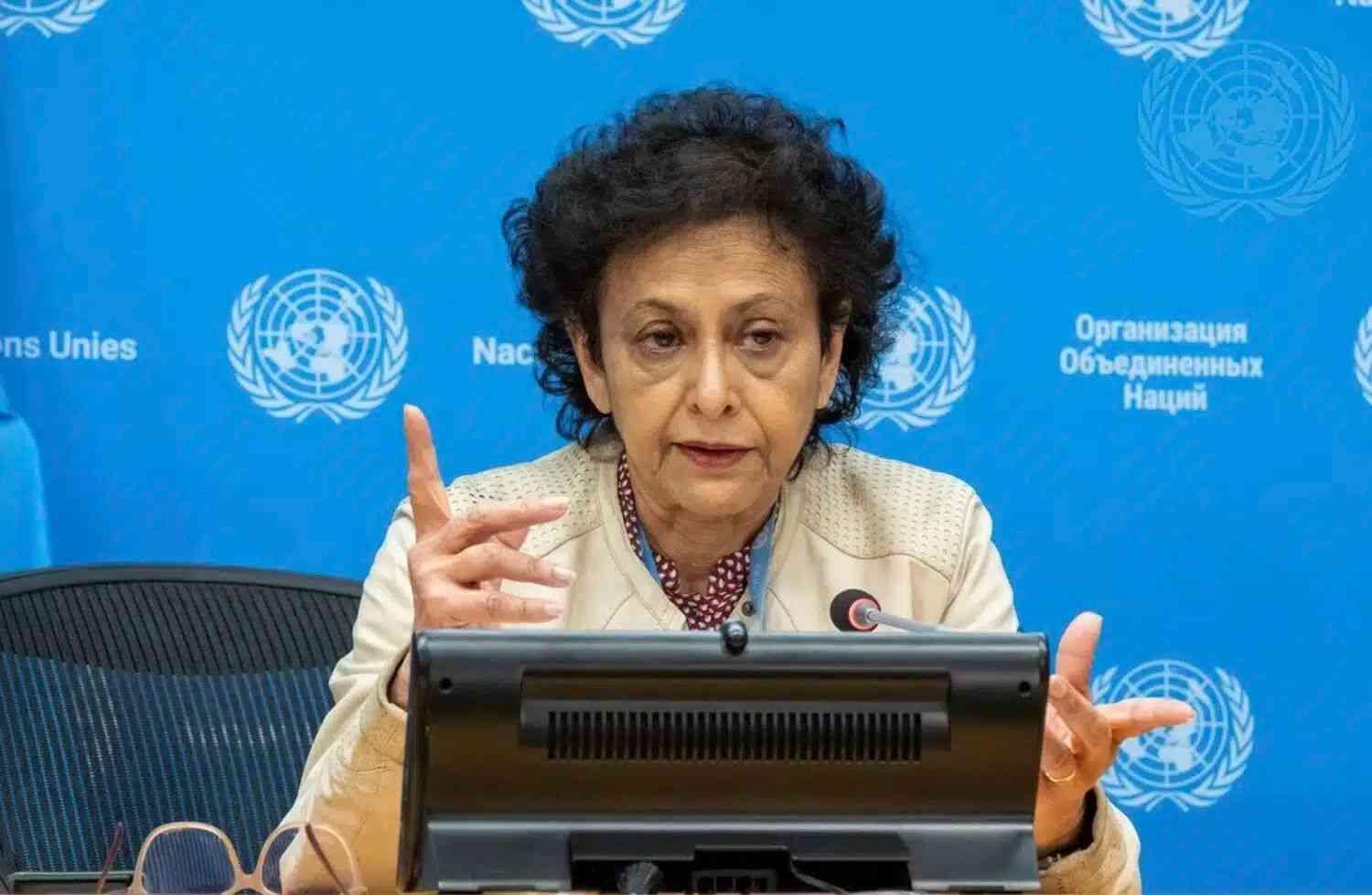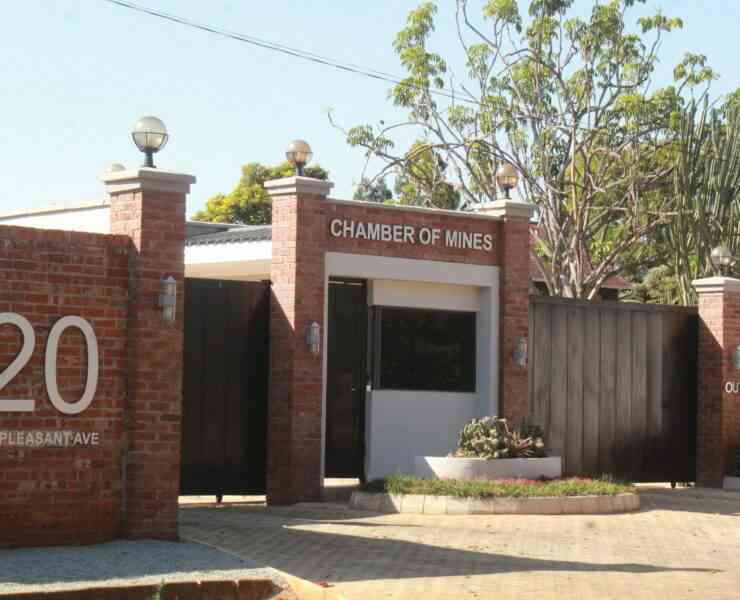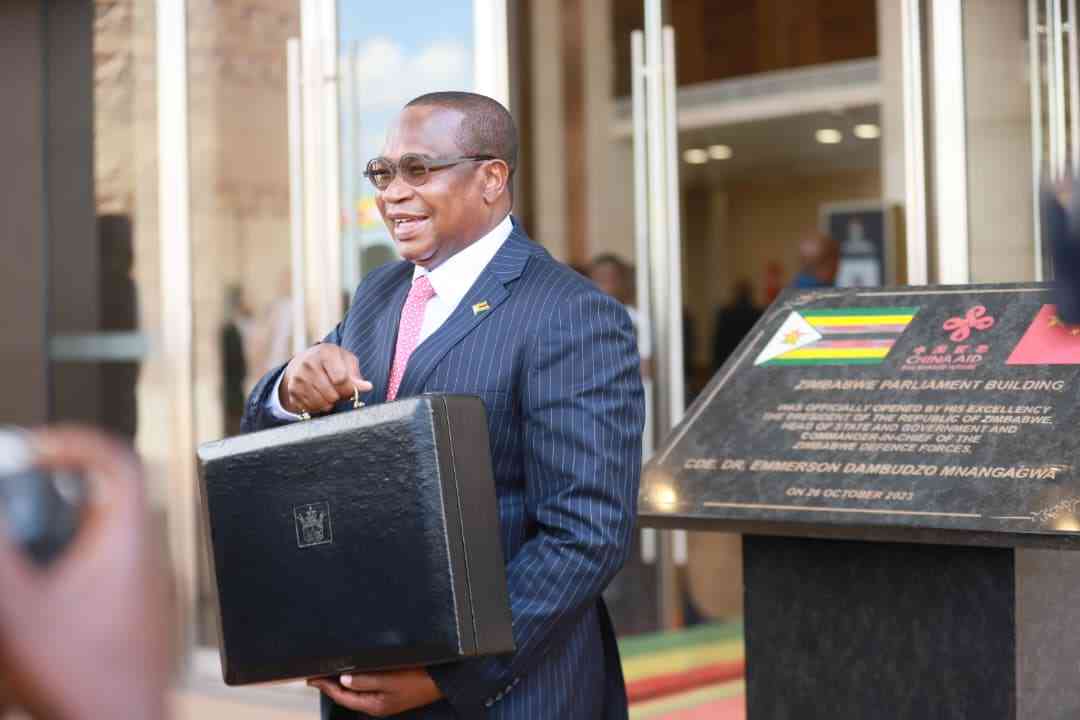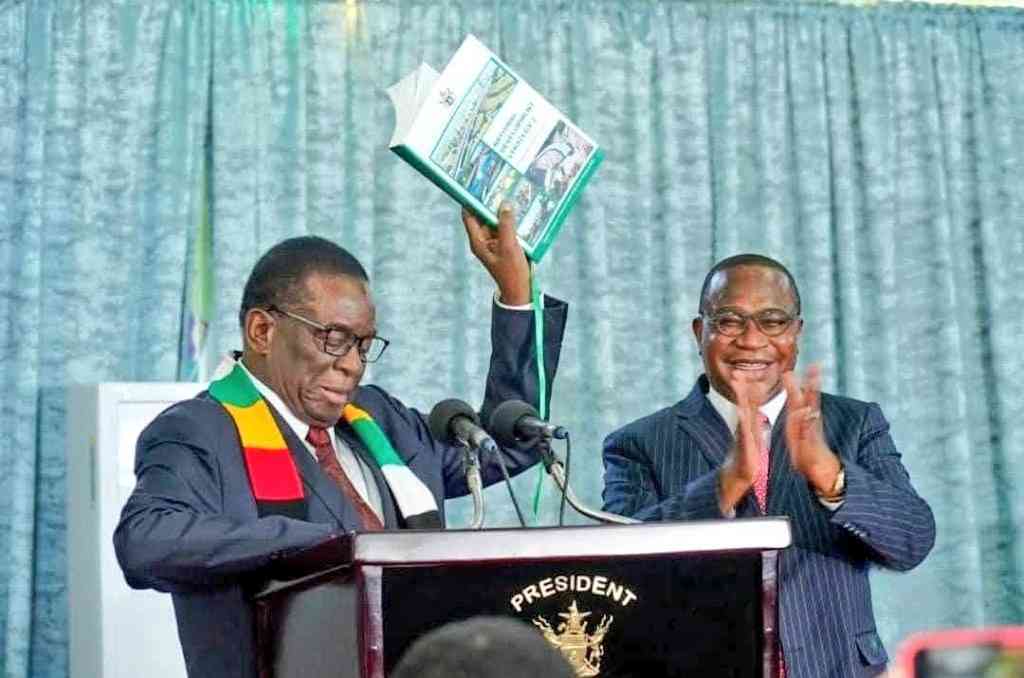
The United Nations (UN) has expressed grave concern over the arrest, detention and prosecution of Zimbabwe Independent editor Faith Zaba on charges of allegedly insulting or undermining the authority of the President in what it stated was in connection with her journalistic work.
UN Special Rapporteur on the promotion and protection of the right to freedom of opinion and expression, Irene Khan raised the issue in an official communication to the Zimbabwean government.
Khan said she had received credible information indicating that Zaba was detained following the publication of a satirical opinion column titled When you become a mafia state, which appeared in the paper on June 27.
The piece, written under Muckraker accused the government of interfering in the politics of neighbouring countries and described the current administration as being “obsessed with keeping itself in power”.
Soon after the article’s publication, police summoned Zaba to appear at Harare Central Police Station. When she complied with the summons on July 1, 2025, she was arrested and charged under provisions of Zimbabwe’s Criminal Law (Codification and Reform) Act for allegedly undermining the authority of the President.
Zaba spent four days in detention before she was granted bail on July 4, with strict conditions requiring her to report weekly to the police, surrender her passport and refrain from interfering with ongoing investigations.
Her trial is set for October 31 at the Harare Magistrates’ Court. If convicted, Zaba could face a fine or up to one year in prison, or both.
Khan said the journalist’s arrest appeared to be arbitrary and directly linked to her editorial responsibilities.
- Govt adopts UN protocol on child rights
- UN spotlights Mat'land marginalisation
- Chefs attempt to sneak to UN
- 'AU, EU must intervene on Zim crisis'
Keep Reading
She warned that such actions could amount to an arbitrary deprivation of liberty under articles 9 and 19 of the International Covenant on Civil and Political Rights (ICCPR), which Zimbabwe ratified in 1991.
“The detention of a journalist for publishing a critical piece against a public official could constitute an arbitrary deprivation of liberty,” Khan wrote.
“States have a duty under Article 19 of the ICCPR to uphold the right to freedom of opinion and expression. They are obliged under international human rights law to protect and foster a free, plural and diverse media landscape, and to respect editorial independence,” she further stated.
Khan reminded the Zimbabwe government that public figures, including heads of state, are legitimately subject to criticism under international law and any restrictions on such expression must meet strict conditions of legality, necessity and proportionality.
“I have consistently called on states to decriminalise defamation and laws criminalising the criticism of state institutions and officials,” she said.
“Criminalisation of defamation is disproportionate, gags journalism, and damages democratic discourse and public participation.”
The UN expert expressed alarm at what she described as the misuse of criminal law to target critical journalists and silence dissent, warning that Zaba’s case could have a chilling effect on media freedom in Zimbabwe.
She called on authorities to ensure a prompt and impartial review of the charges and to dismiss them if they are found to be unsubstantiated.
The letter, which formed part of the UN’s formal communications procedure, invited the Zimbabwean government to provide explanations on the legal basis for Zaba’s arrest and the measures taken to safeguard press freedom.
The communication and any response from the government, Khan said would be made public within 60 days (which was up to September 11) through the UN’s reporting system and would subsequently be presented to the Human Rights Council.
The publication of Khan’s letter comes as journalists and media stakeholders prepare to converge in Harare on October 15 and 16 for the Southern Africa Media Summit (SAMS), a two-day hybrid event dedicated to strengthening the role of independent media in advancing transparency, accountability and democratic governance.
The summit was organised by Alpha Media Holdings’ Heart and Soul Broadcasting Services (HSTV), in partnership with the Friedrich Naumann Foundation, Zimbabwe Lawyers for Human Rights, the Centre for Human Rights at the University of Pretoria, ZimRights, Orbit International Youth Organisation and the Global Social Movement Centre.
It will bring together journalists, editors, media executives, policymakers, civil society leaders and international partners in a united call to defend press freedom and strengthen democratic resilience in the region. The gathering takes place at a time when independent journalism is under growing pressure across Southern Africa, with political interference, restrictive laws, financial strain and threats to journalists’ safety continuing to constrict the space for free expression.










